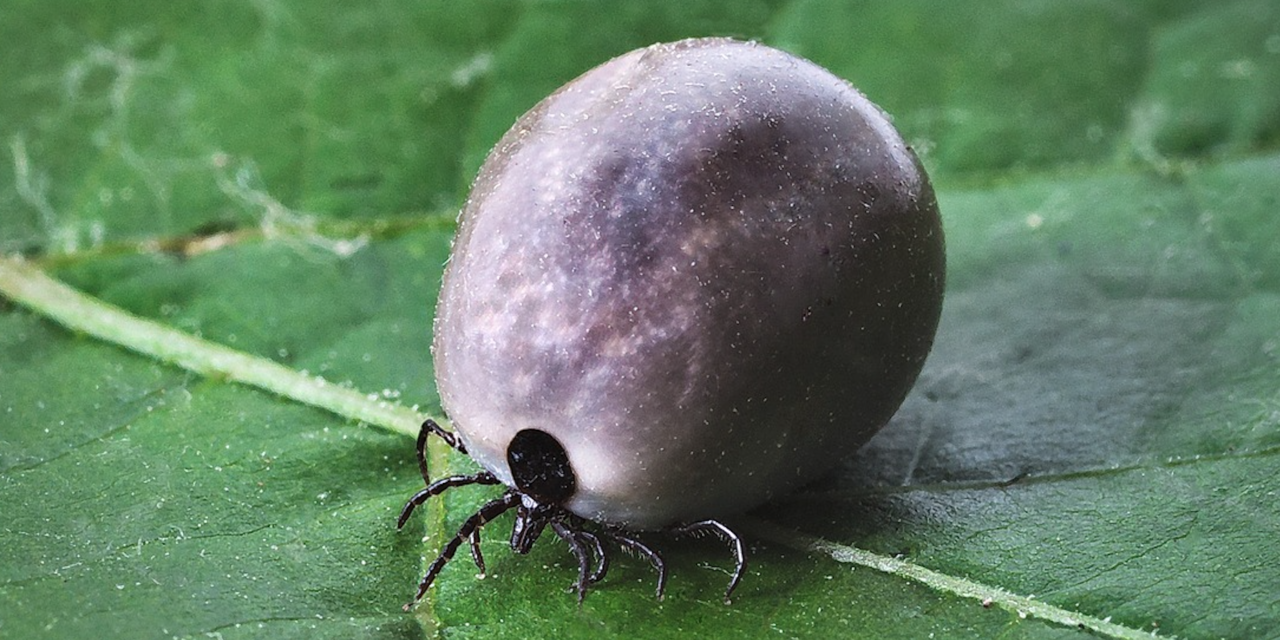Now that summer is just around the corner, the North Carolina Department of Health and Human Services (NCDHHS) is urging everyone across the state to “Fight the Bite” – that is, take measures to reduce the risk of bites from ticks and mosquitos to avoid the diseases they carry.
In 2023, there were nearly 900 cases of tick- and mosquito-borne illnesses in North Carolina and state officials are attempting to bring that number down this year with the annual information campaign meant to keep people on their guard.
April is Tick and Mosquito Awareness Month. In addition to the statewide PR effort, there will be education in schools about the dangers. Students K-12 have been invited to submit educational posters for the related annual campaign contest.
“Recent tick and mosquito surveillance show both are present in North Carolina and their bites have the potential to cause serious disease,” stated Public Health Entomologist Alexis M. Barbarin in an April 1 press release that was no April Fool’s joke given the potentially serious nature of the diseases.
Rocky Mountain spotted fever, Lyme disease and other tick-borne diseases can cause serious problems such as high fever, headache, rashes, flu-like illness and other symptoms that can be severe.
According to state health officials, Lyme disease accounted for over a third of all tick-borne diseases reported in the state last year.
Southern Tick Associate Rash Illness and Alpha-gal syndrome have also been identified in North Carolina. Alpha-gal syndrome is an allergic reaction to red meat that’s been linked to the bite of certain ticks.
The majority of tick-borne diseases in the state occur between June and September.
Here are some suggestions from state officials to fight the bite:
- Use repellent that contains DEET (or other EPA approved replicants) on exposed skin and wear clothing treated with a pesticide called permethrin. However, use caution when applying to children.
- Check yourself and your kids for ticks if you’ve been in a potential tick habitat. If ticks are found, remove them quickly.
- Reduce tick habitats with good landscaping techniques.
The mosquito-borne diseases most often acquired in North Carolina are West Nile virus, eastern equine encephalitis and La Crosse encephalitis.
Nationally, North Carolina was second only to Ohio in reported cases of infections from La Crosse virus between 2003 and 2022.
The good news is that most of the mosquito-borne diseases reported in North Carolina are acquired while traveling outside the continental United States, including cases of malaria, dengue, chikungunya and Zika.
To reduce exposure to mosquitoes:
- Use mosquito repellent that contains DEET or the equivalent when outside. Use caution when applying to children.
- Consider treating clothing and gear (such as boots, pants, socks and tents) with 0.5 percent permethrin.
- Install or repair screens on windows and doors and use air conditioning if possible.
- “Tip and Toss” — reduce mosquito breeding grounds by emptying standing water from flowerpots, gutters, buckets, pool covers, pet water dishes, discarded tires and birdbaths at least once every week.
- Also, state health experts advise, talk with your doctor or the Guilford County health department if you plan to travel to an area where exotic mosquito-borne diseases occur.
Travel associated health risk information is available at https://wwwnc.cdc.gov/travel.


Some really great information. Sadly, omitted was any mention of the variety of the tick species Demoncratis glutinous, that has been sucking the lifeblood of our Nation for years.